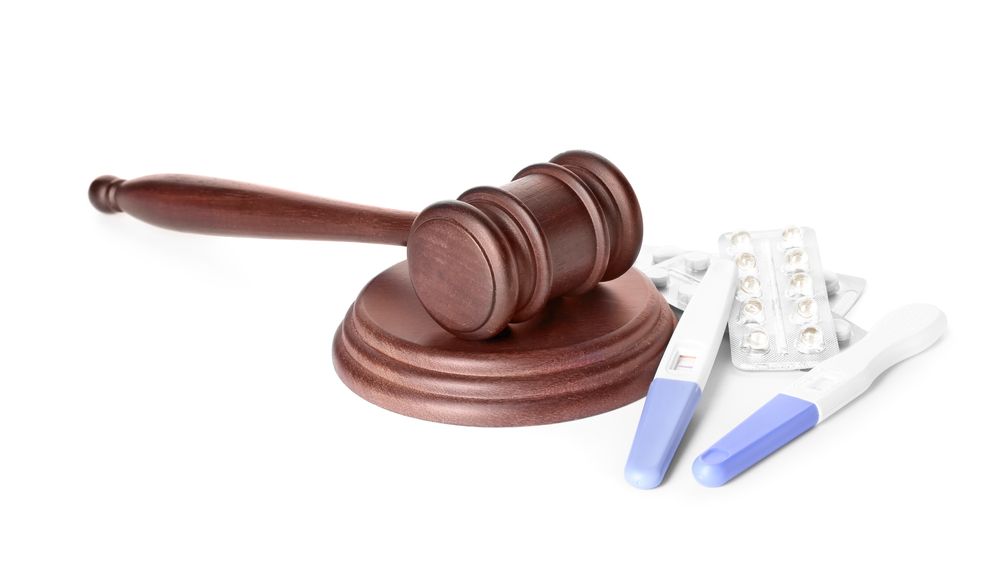What CRAs and Employers Need to Know About Drug Testing Laws
11 September 2023
Share this article:
Key Takeaways
- Employers have a right to demand that employees are not under the influence of drugs while at work, and they are allowed to use drug testing to enforce that right.
- Under ADA, employers generally must make reasonable accommodations for employees who take drugs for medical conditions.
- The specifics of employers’ and employees’ rights around drug testing vary across states and municipalities. Employers and CRAs must be aware of local law.
- If an employee is terminated for drug use, the employer must do so via a process that is fair and equitable and protects the rights of the employee.

What Is Wrongful Dismissal Due To a Failed Drug Test?
While employers are entitled to conduct drug testing, it is mandatory that they use the results in a manner that complies with federal, state and local law. They must be cautious to avoid wrongful dismissal. State and local laws vary, but there are some rules that are consistent across jurisdictions.
When an employee fails a drug test, the employer may not rightfully terminate the employee under the following conditions:
- If the drug test procedures were faulty or the test results were interpreted incorrectly.
- If the employee is terminated for off-duty use of marijuana in a state where such termination is forbidden.
- If the drug test process is discriminatory.
- If drug testing and dismissal was a retaliatory act on the part of the employer.
- If the employer fails to follow state and local laws regarding drug testing and dismissal.
What Are Employees’ Rights in a Failed Drug Testing?
If an employee is threatened with dismissal due to a failed drug test, they have the right to due process and the right to appeal the dismissal. The way that these rights play out vary from state to state, but there are some general principles.
The employer must inform the employee of the results and the reason for termination. If the employee appeals, the appeal must take place within a specified period of time. Where procedures are not regulated by state and local law, the process may be governed by company or organizational policy or by union rules.
In addition to rights granted by state and local laws, employees have rights under the Americans with Disabilities Act (ADA) and the Family and Medical Leave Act (FLMA). If an individual needs to use drugs for a medical condition or disability, an employer could be required to provide reasonable accommodation rather than disqualifying them from their job.
Finally, employees have a right to privacy concerning drug test results.
Employees who have been wrongfully dismissed may be able to take legal action to be reinstated and to collect back pay. If there is emotional distress or other damages, they may be entitled to compensation.
What CRAs Need To Know About Drug Testing Laws

While CRAs are not directly involved with ongoing drug testing at an employer site, they are often engaged to conduct background checks when employers consider applicants for job offers or current employees for promotion. Quite frequently these evaluation processes include drug testing.
Drug tests for these purposes fall under the Fair Credit Reporting Act (FCRA), which lays out requirements to protect the individual in question. Prior to this sort of drug screening, the employer must inform the person of their intent to conduct a drug test and obtain written permission to do so.
Should an employer decide not to hire a candidate based on the drug test result, they are required to follow an adverse action process that offers the candidate an opportunity to challenge the decision. CRAs that work with employers that conduct drug testing should keep abreast of current state and local law in order to keep themselves and their clients in compliance.
What Employers Must Know About Drug Testing Laws
Employers are entitled to use testing to ensure a drug-free workplace. However, they need to be aware of and comply with all federal, state and local laws. They must ensure that their drug testing policies are fair, do not discriminate and prevent testing and dismissal as a retaliatory action.
While not all of these steps are required in all states and localities, there are actions that will help ensure that employers do not dismiss employees wrongfully.
- Engage legal advice to keep abreast of the most current state and local legislation. Use this advice in establishing drug testing procedures and in carrying out the process.
- Establish and publish clear and transparent drug testing policies. This includes which drugs will be tested for and how and when the tests will be conducted. Policies should specify the consequences for failing a test and the appeals process for contesting a test result. Policies should also state what accommodations will be made for employees who take drugs for medical reasons.
- Train managers and supervisors in the drug testing policies.
- Obtain employees’ consent before conducting tests.
- Use the most reliable, accurate and up-to-date drug testing methods. Often these will involve a variety of tests, including oral fluid testing, hair testing and urine testing, to ensure the most accurate results and eliminate false positives. Some employers will prefer to outsource this task to a professional drug test vendor.
- Assure privacy. Test results should be available only to those who have a legitimate need to know.
- Consistently follow the published process when dismissing an employee. This should include informing the employee of the results and reason for termination, giving them an opportunity to respond and following an established appeals process when the employee challenges the dismissal.
Bottom Line
Employers are entitled to use drug testing in order to maintain a drug-free workplace. However, if an employee fails a test, employers must be careful to avoid a wrongful dismissal. This requires a standard corporate procedure for conducting drug tests and dealing with failed tests. Because many of the regulations around drug testing are at the state or local level, employers must keep abreast of and thoroughly understand all applicable law.
For CRAs who serve clients in multiple jurisdictions, it’s valuable to have a wholesale screening partner such as Eagle Eye Screening Services. Our
nationwide reach and knowledge of state and local law ensures the
consistently effective and compliant
background checks that CRAs can rely on.
Connect with Us:




